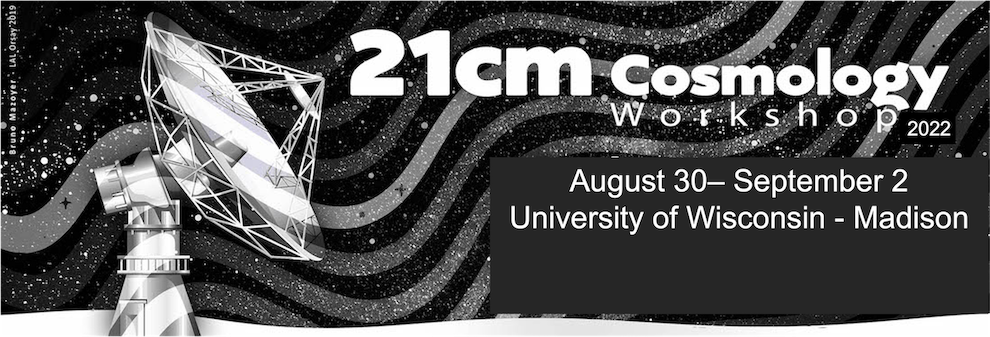Speaker
Description
The extraction of the desired signal from 21 cm cosmology experiments faces steep challenges: the combined issues of data size, weak signal, strong foregrounds, and complex instruments couple with sophisticated, constantly-evolving, multi-step software pipelines developed by large groups to produce a situation which undermines confidence in the final analysis. The challenges of producing robust scientific results from complicated instrumentation and analysis are of course not unique to 21 cm cosmology, and many strategies have been developed for these purposes, the most important for our purposes being end-to-end simulations of the instrument, its systematics, and all expected signals, processed with a high degree of realism through the entire analysis chain, for which I will term “validation” as shorthand. The possibility of confirmation bias argues for having the validation effort be independent of the data analysis team. I will take as an example the HERA validation effort, which was developed rather late in the instrument and analysis process, and describe how we interface with the analysis pipeline group, including adequately understanding and simulating systematic effects, and the instrument builders and their measurements and simulations (antenna response, instrument noise, bandpass) to produce a validation of the HERA pipeline. Specific and unexpected concerns which arose as part of this process, and potential lessons for other groups will be discussed.

